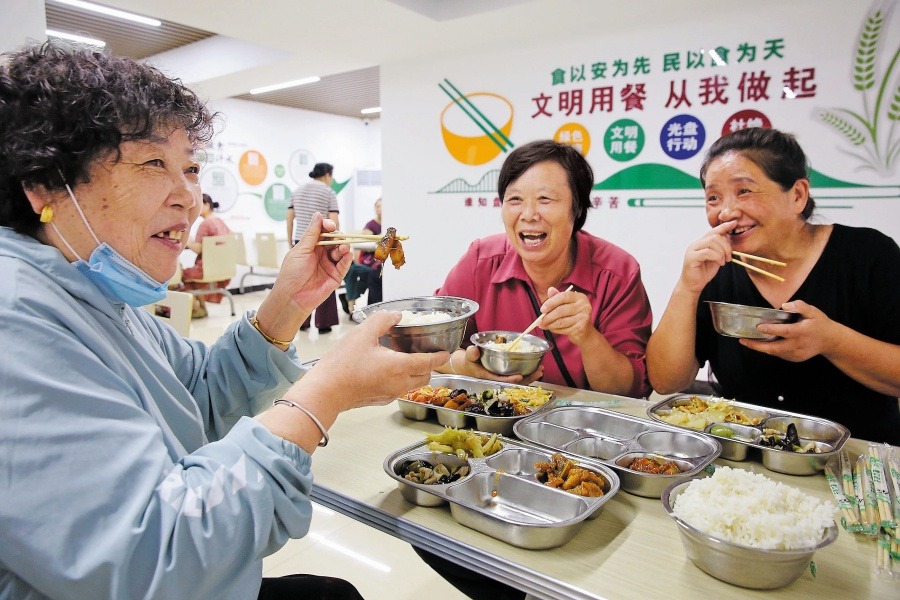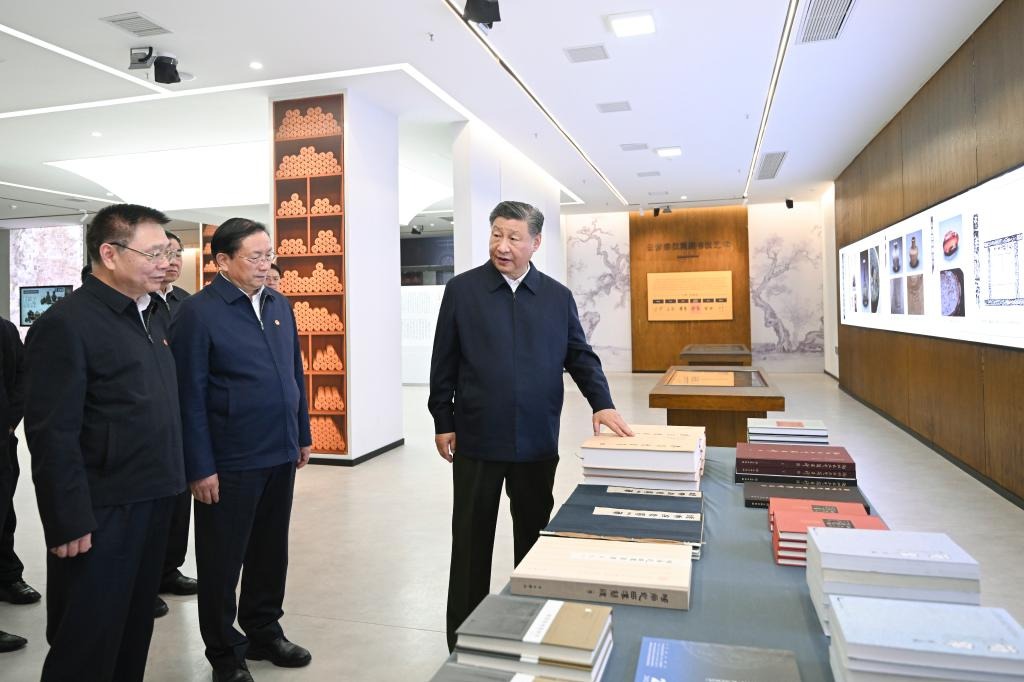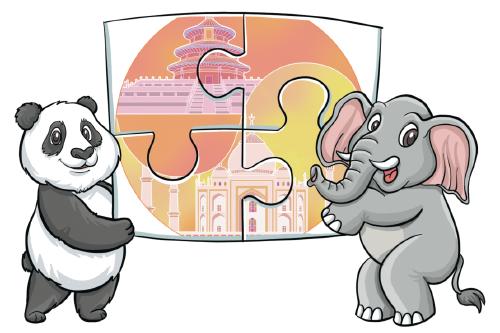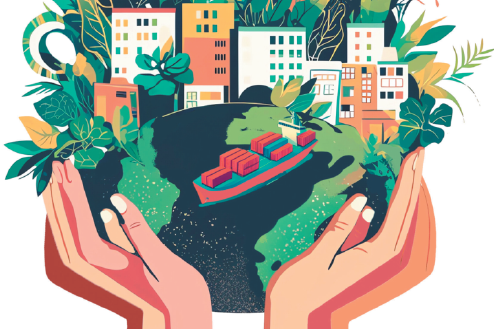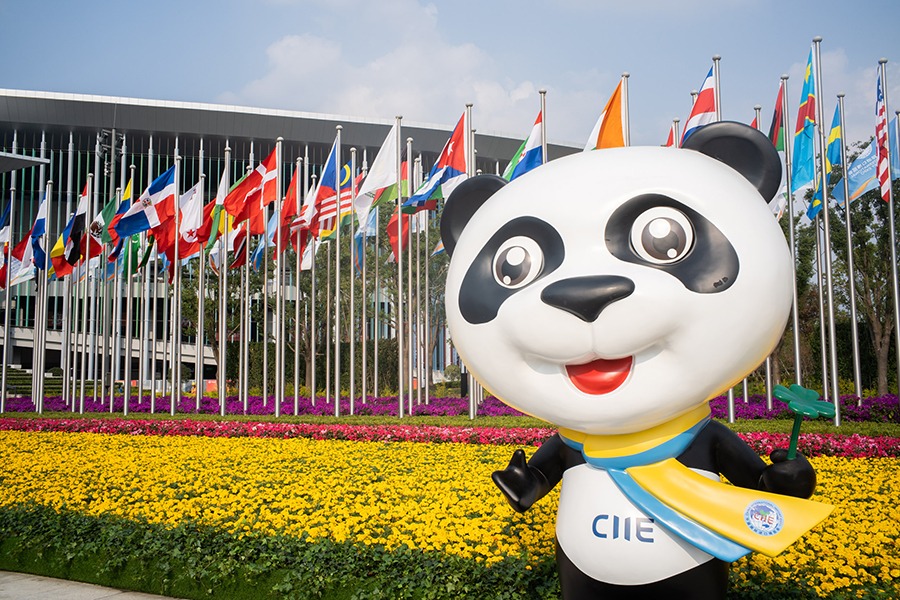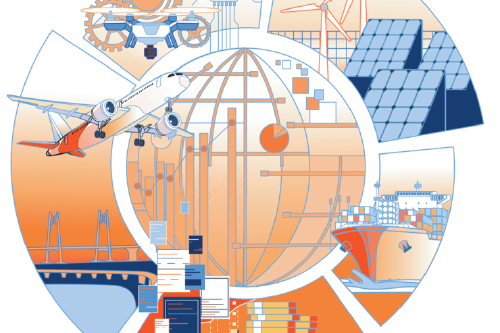Empowering the informal economy
China's experience in enhancing the quality of jobs and stabilizing socioeconomic growth using the digital economy will be useful at the APEC summit in Peru

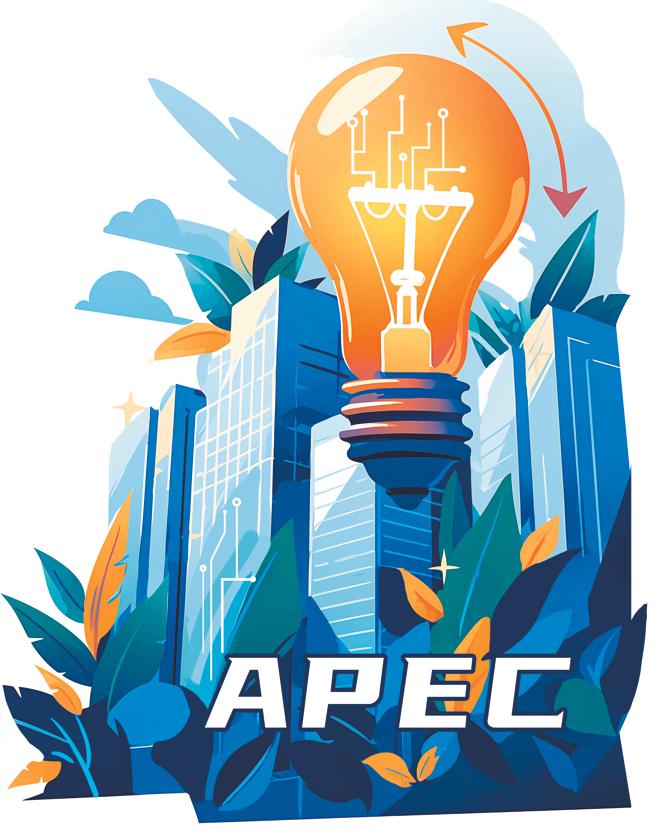
The Asia-Pacific region boasts fairly robust economic growth, with analysis suggesting that the GDP of the APEC region will grow by 3.5 percent in 2024, the same as last year and higher than the global growth rate of 3.2 percent. At the same time, government spending, tourism and the service industry have seen a strong recovery.
The inflation rate across APEC economies averaged lower at 3.9 percent in 2023 from 5.9 percent in 2022, and is forecast to drop further to 2.9 percent this year. Concurrently, consumption within the region has shown a positive trend. In addition, the Purchasing Managers' Index in the manufacturing sector of APEC economies has remained stable.
However, geopolitical uncertainties within the region, the rise of trade protectionism, anti-dumping measures, tariffs, and other restrictive and unpredictable trade policies continue to impact trade activities negatively. The disruption of global supply chains due to the Russia-Ukraine crisis, as well as the long-term drought in the Panama Canal caused by climate change in recent years, and the security impact of the Middle East situation on shipping along the Suez Canal has led to significant fluctuations in commodity prices and exchange rates. Several international institutions have predicted that growth rate in the region will slow down to 3.1 percent in 2025-26.
In this backdrop, it is crucial for APEC to promote structural reforms, foster the healthy development of global trade, and make progress toward sustainable and inclusive growth.
APEC has been advocating cooperative concepts such as "inclusion "and "growth" in recent years. However, unlike the previous advocacy for economic growth primarily through the "new technological revolution" and "industrial upgrading", this year's APEC summit to be held in Lima, capital of Peru, from Nov 9 to 16, proposes transitioning to a formal economy through innovation and digitization — by "empowering informal economic entities", adding new connotations to APEC's inclusion and growth.
Since the scopes defined by various countries and their attitudes toward the informal economy vary, the economy has different names in different nations, being called shadow economy, or parallel economy. The International Labor Organization defines it as economic activities that are not included, or not sufficiently included, in formal arrangements in law or practice. Integrating the explanations, the informal economy advocated by APEC for "empowerment" should consist of legal economic activities (including tax, labor insurance, financial supervision, etc) that are not controlled or managed by the state. Its partial or whole output or services are not counted in the GDP. It definitely does not include illegal operations such as smuggling, drug trafficking, gambling and other "underground economy" and "gray economy".
According to the ILO, the informal economy accounts for 65 percent of non-agricultural employment in Asia, 48 percent in North Africa, 51 percent in Latin America, and 78 percent in sub-Saharan Africa. Data published by the APEC Policy Support Unit show that the output of the informal economy among APEC economies ranges from 8.2 percent of the United States' GDP to 56.6 percent of Peru's GDP. Overall, the informal economy, acting as a "reservoir" for employment, is characterized by low wages, insufficient protection of workers' rights, long working hours, high labor intensity, and poor working conditions. How to transition the informal economy to a formal one and achieve high-quality employment has become a big concern for governments and the international community in the digital economy era.
The upcoming APEC leaders' Summit in Peru has taken the "empowerment" of the informal economy as an initiative to promote more balanced, sustainable, and inclusive growth in the Asia-Pacific economy. This is an objective and rational response to the economic development of most developing economies in the region in this era. There is a reasonable prospect that the informal economy will embrace new development opportunities among the economies of the Asia-Pacific region.
Peru, as an APEC economy, will be hosting the leaders' summit for a third time after 2008 and 2016. The summit, with the theme of "Empowerment, Inclusion, Growth," not only reflects the voices of informal economy workers within the developing APEC economies but also points out the common socioeconomic issues present in the Global South economies. As a fellow member of the developing world and the APEC, China has gained valuable experience and achieved tangible results in recent years by exploring the impact of the digital economy on informal employment and how to enhance the quality of workers' employment, improve workers' welfare, and ensure healthy and stable socioeconomic growth.
According to the Research Report on the Development of China's Digital Economy (2023), the overall size of China's digital economy has surged from 27.2 trillion yuan ($3.83 trillion) in 2017 to 50.2 trillion yuan in 2022, and its share of GDP has expanded from 32.9 percent in 2017 to 41.5 percent in 2022. China has vigorously developed the digital economy, actively promoted the digitalization of industries and the industrialization of digital technologies, as well as fostered the deep integration of digital technology with the real economy.
Both China and Peru are ancient civilizations, important emerging market countries around the Pacific, and key members of the Global South. They have a long-standing friendship. Peru was the first Latin American country to establish diplomatic relations with the People's Republic of China, and was also the first Latin American country to launch a comprehensive strategic partnership and to sign a comprehensive free trade agreement with China. The Chinese side highly values China-Peru ties and is willing to deepen practical cooperation, promote mutual learning between civilizations, strengthen multilateral collaboration, and elevate the partnership to new heights.
Therefore, China actively supports the initiatives issued by the informal APEC leaders' meeting in Peru, advancing Asia-Pacific economic cooperation amid challenges and uncertainties. China is also pleased to carry out broader cooperation with Latin American and Caribbean countries in economic and trade collaboration, infrastructure and digital economy construction, scientific and technological innovation, and cultural and academic exchanges. It also hopes to keep the correct direction of cooperation, strives to build an open economy, and inject more stability and growth into the Asia-Pacific region and the world.

The author is an associate research fellow at the Institute of World Economics and Politics at the Chinese Academy of Social Sciences and the National Institute for Global Strategy at the CASS. The author contributed this article to China Watch, a think tank powered by China Daily. The views do not necessarily reflect those of China Daily.
Contact the editor at editor@chinawatch.cn.

















